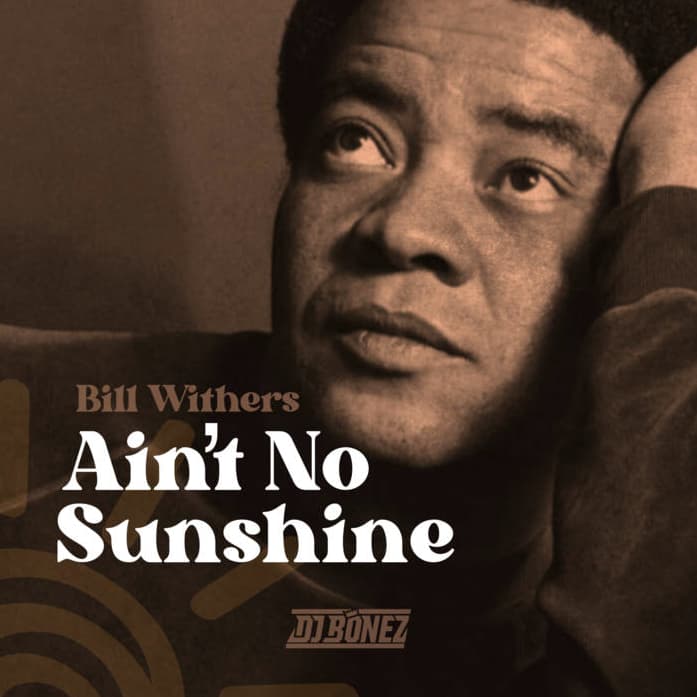
Bill Withers: The Timeless Appeal of “Ain’t No Sunshine”
In the pantheon of soul music, few songs have the enduring resonance of Bill Withers’ “Ain’t No Sunshine.” Released in 1971 as part of his debut album Just As I Am, this track not only marked Withers’ breakthrough but also set a new standard for soulful expression in popular music. Produced by the legendary Booker T. Jones and featuring a lineup of stellar musicians including Donald “Duck” Dunn on bass, Al Jackson Jr. on drums, and Stephen Stills on guitar, the song’s minimalist arrangement provided the perfect backdrop for Withers’ plaintive vocals.
“Ain’t No Sunshine” was originally the B-side to “Harlem,” but its somber tone and the haunting repetition in its bridge resonated more deeply with listeners and DJs, catapulting it to impressive chart positions: number three on the Billboard Hot 100 and number six on the U.S. R&B Chart. Its impact was immediate and profound, earning Withers a Grammy for Best R&B Song in 1972, and it remains a staple on classic soul playlists.
Bill Withers’ inspiration for “Ain’t No Sunshine” came from an unlikely source—a 1962 movie titled Days of Wine and Roses. Watching the film’s portrayal of a couple grappling with alcoholism, Withers was struck by the cyclical nature of addiction, a theme he explored through the repetitive lyric “I know” sung 26 times. This lyrical choice, initially born from an unfinished verse, became one of the song’s most powerful elements, emblematic of the helplessness and monotony of longing.
The song’s significance extends beyond its lyrics and melody; it represents Withers’ own transformation from a factory worker assembling bathroom fittings for airplanes into a celebrated musician. The transition was marked symbolically when his record company presented him with a golden toilet seat after the song went gold—a whimsical nod to his past and his new-found success.
Beyond its original release, “Ain’t No Sunshine” has seen numerous resurgences on international charts, notably in 2009 following a memorable performance by Kris Allen on American Idol, and again in 2020, where it charted across Europe. In 2024, it was inducted into the National Recording Registry, affirming its cultural, historical, and aesthetic significance.
In reviewing “Ain’t No Sunshine,” one cannot overlook its raw emotion and simplicity, qualities that have enabled it to transcend generations. Its reflective, melancholic tone captures a universal feeling of loss and longing that continues to resonate with listeners worldwide, making it not only a highlight of Withers’ career but also a timeless piece of musical artistry.